
Holy Grail of Organic Oolongs Comes to a Desirable and a Bit Fruity End
Have you ever tried searching for Organic oolongs? The kind crafted by fine and experienced tea makers and not the likes found abundantly in Asian grocery stores and restaurants. The latter aren’t Organic anyhow. But you will see barring a few online stores - some of whose names you’ve never heard of - hardly anyone keeps Organic oolongs.
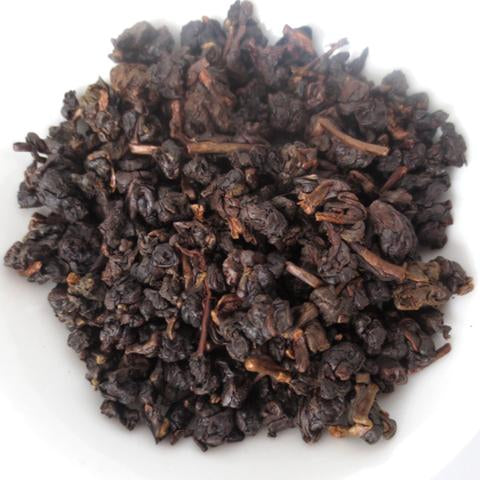
Although our top priority is Darjeeling, because of our personal connections, we have been looking to expand further into other teas. Over a year ago we began our search for Organic oolongs and in the end it became a Holy Grail for us. Every reputed supplier/expert we spoke to in China and Taiwan dissuaded us from pursuing Organic oolongs.
The arguments against Organic oolongs were several. Most high end oolongs are made by small farmers who cannot afford Organic certification, I was told. Yet the cost of these teas were so outrageously expensive (on an average the price was five times more than a top-grade Darjeeling) that it was hard to imagine a “poor” farmer who wouldn’t be able to afford the certificate. Unless of course the supplier kept an ungodly amount of markup.
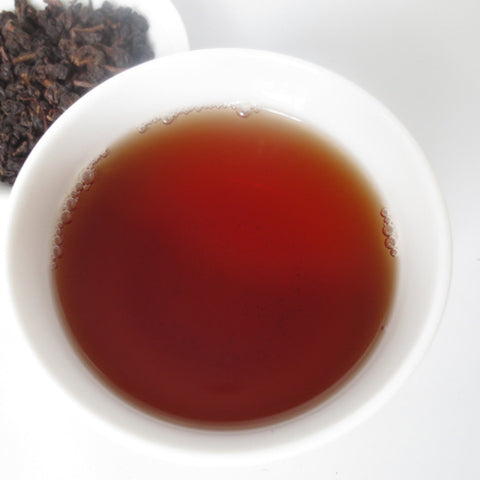
I was also told that Organic oolongs are manufactured by big farms which lack the “artistry” of an individual tea maker. Coming from Darjeeling, we are comfortable with the idea of big farms, and to claim that big farms cannot make wonderful teas is nothing but a marketing bias.
The third argument was that the farmers of these “high grade” oolongs do not spray chemicals. So we had to take the suppliers word for it. Although we have known some of these people for a few years now, when it comes to keeping our teas Organic we rely on certificates for whatever its worth.
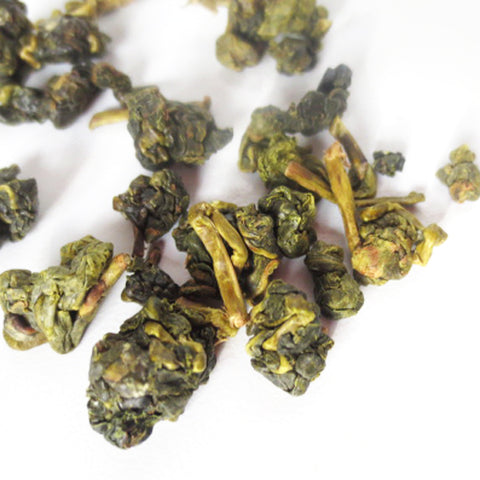
And we think they are worth a lot. Having seen first hand the massive spraying of chemicals in the tea gardens of India, and now reading reports of chemical residues in the teas sold by some top US tea retailers, rest assured we are sticking to only Organic teas.
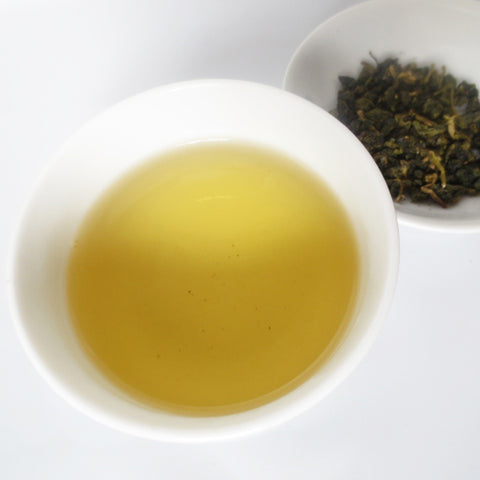
Our search for Organic oolongs finally ended this October when we were sent samples from a place called Songboling in the tea-growing region of Minjiang in Taiwan. The teas were wonderful and very rewarding as we took it through multiple brews. They came pretty close to some of the high end oolongs we had tasted over the years. Although not “high-elevation oolongs” it bore a lot of refined flavors. They were made by a family who had been growing tea for generations. They had converted to Organic 15 years ago.
We hope you will enjoy our first Oolong offerings. They are fresh, exquisite, clean and safe!
Our first oolong is a heavily roasted, highly oxidized oolong using qingxing cultivar, which we are calling QINGXING DARK. And the next one, QINGXING SPRING uses the same cultivar and is unroasted and very lightly oxidized. Our third one - which will be coming soon - is a lightly roasted, lightly oxidized oolong from the same source. They are all products of April 2013.
Notably, the qingxing cultivar is widely used in making of the high-elevation oolongs in Taiwan. I guess this is where the elegance in this tea comes from.
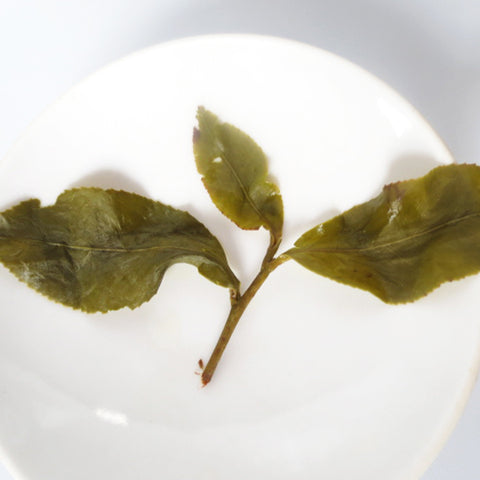






Leave a comment